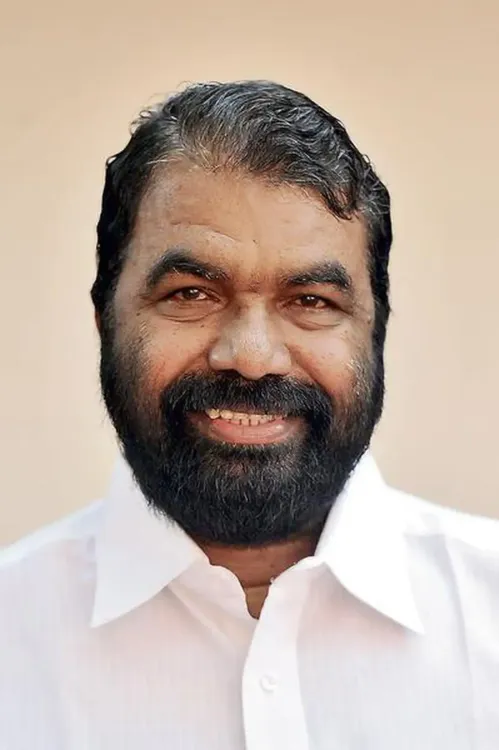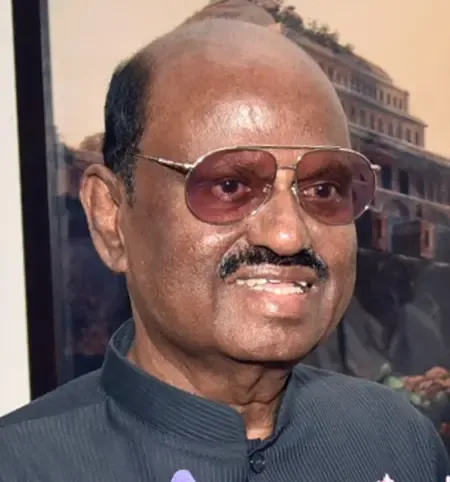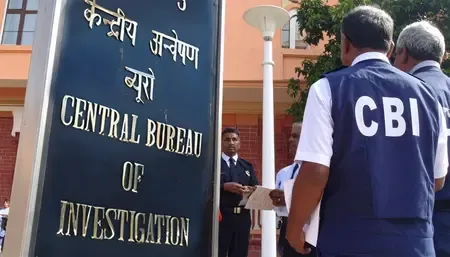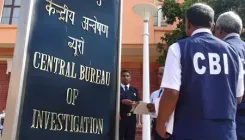Will Kerala Minister Protest Against Hindi Titles in English Textbooks at NCERT Meeting?

Synopsis
Key Takeaways
- Kerala Minister V. Sivankutty to protest against Hindi titles in textbooks.
- Protest at NCERT General Council meeting in Delhi.
- Concerns over implications for linguistic diversity.
- Opposition from Communist Party of India regarding educational policies.
- Discussion on the National Education Policy (NEP) 2020.
Thiruvananthapuram, May 1 (NationPress) Kerala's Minister for General Education, V. Sivankutty, announced on Thursday that he will voice his protest during the forthcoming National Council of Educational Research and Training (NCERT) General Council meeting scheduled in Delhi on Friday.
The focus of the protest will be on the substitution of English titles in school textbooks with Hindi names.
Sivankutty remarked, “I intend to register our strong discontent regarding the imposition of Hindi titles in English-medium textbooks. This matter will be addressed at the NCERT General Council meeting, and I will also bring it to the attention of Union Education Minister Dharmendra Pradhan.”
The issue arose following NCERT’s introduction of new textbooks in line with the National Education Policy (NEP) 2020, which replaced traditionally English titles with Hindi names like Mridang, Santoor, and Poorvi for students from classes 1 to 6.
“It is inappropriate to discard English titles that have been established for decades, particularly when they foster inclusivity and acknowledge India’s linguistic richness,” Sivankutty emphasized.
He also mentioned that he would express concerns over the execution of the PM Schools for Rising India (PM SHRI) scheme, which he argues has overlooked federal standards.
During the cabinet meeting on April 9, led by Chief Minister Pinarayi Vijayan, the adoption of this scheme was postponed due to significant dissent from the Communist Party of India (CPI), which is the second-largest coalition partner in the ruling Left Democratic Front.
Initially, Sivankutty had challenged the CPI's position, asserting that the PM SHRI scheme was aimed at infrastructure development and should not face opposition. He even publicly criticized CPI State Secretary Binoy Viswam for opposing the initiative. However, in light of strong pushback from the CPI, the Minister has since altered his stance.









